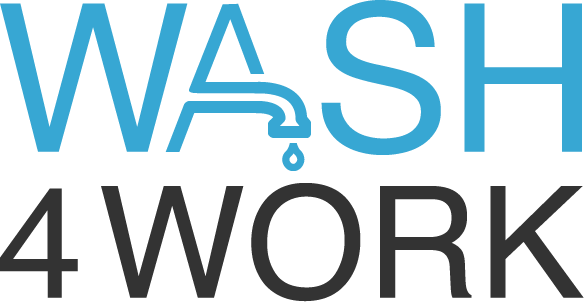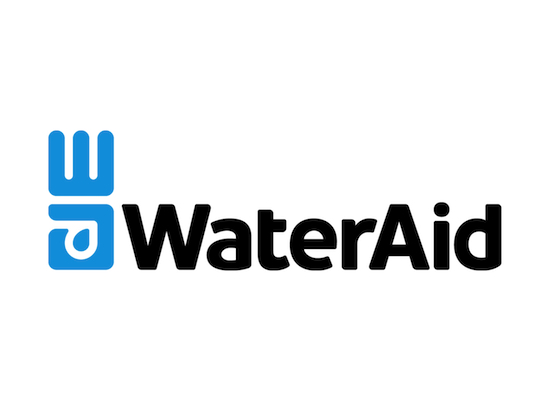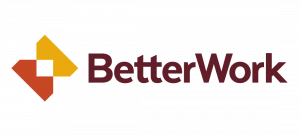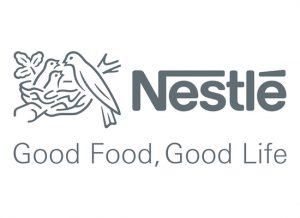Primary Functions
- Guide WaterAid and WaterAid’s partner organisations on how to embed climate resilience across all programme work.
- Strengthen water, sanitation and hygiene (WASH) systems, addressing inequalities and improving the sustainability of WASH helps to make WASH (and therefore people) more climate resilient.
Detailed Description
It will be necessary for WaterAid to use systems thinking, apply system strengthening and maintain high standards in its core work areas to implement many of the actions in this guidance. Implementation of this guidance requires a strong knowledge of WASH, water resources and strategies linked to improvement of WASH sustainability such as participation, empowerment, behaviour change, advocacy, public and private sector strengthening, financing and service management models. This guidance deals with the topic of climate resilient WASH. However, climate change is not acting alone. It often combines with existing hazards and vulnerabilities to impact on people’s overall level of resilience.
For example, social exclusion, inequalities, poor governance, rising demand for water, ecosystem destruction, poor urban planning, poverty and pollution all have detrimental impacts on people’s WASH access and reduce society’s ability to withstand the difficulties that climate change brings. Looking at climate risks alone, without focusing responses on addressing hazards and vulnerabilities that exacerbate climate risk, could lead to the development of irrelevant, low impact and even harmful solutions. Actions taken to strengthen WASH systems and improve the sustainability of WASH contribute towards increasing the extent to which WASH (and thereby people) are climate resilient. This guidance should be used alongside the set of other WaterAid frameworks
and standards.
Many hazards and vulnerabilities lie outside the domain of WaterAid’s expertise and mandate. It is therefore necessary to collaborate, coordinate and partner with actors from other sectors who are better placed to address them.
What this document covers:
- Provides an overview of the links between climate resilience and WASH (water, sanitation and hygiene). Outlines WaterAid’s aims, objectives, principles, standards and minimum commitments for its climate resilient WASH work.
- Provides resources that can be used together with WaterAid’s existing planning, monitoring, evaluation and reporting (PMER) core procedures to design a climate resilient WASH project.
- Provides examples of climate resilient WASH activities in different countries that can be used to inform project and programme design in similar contexts.
What this document does not cover:
- This document does not cover WaterAid’s core process for project design. This is set out in WaterAid UK’s PMER Core Procedures and supplementary PMER guidance and WaterAid Australia’s guide to support planning, monitoring, evaluation and learning. Information in this document should be used together with these existing resources/standards.





